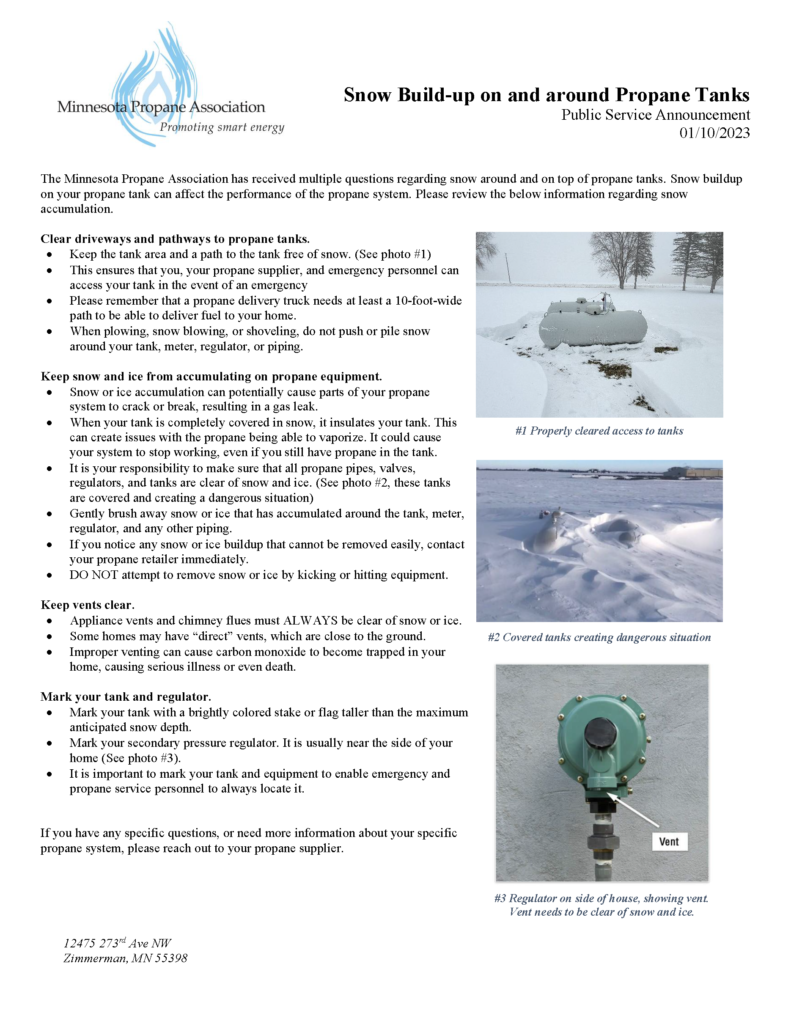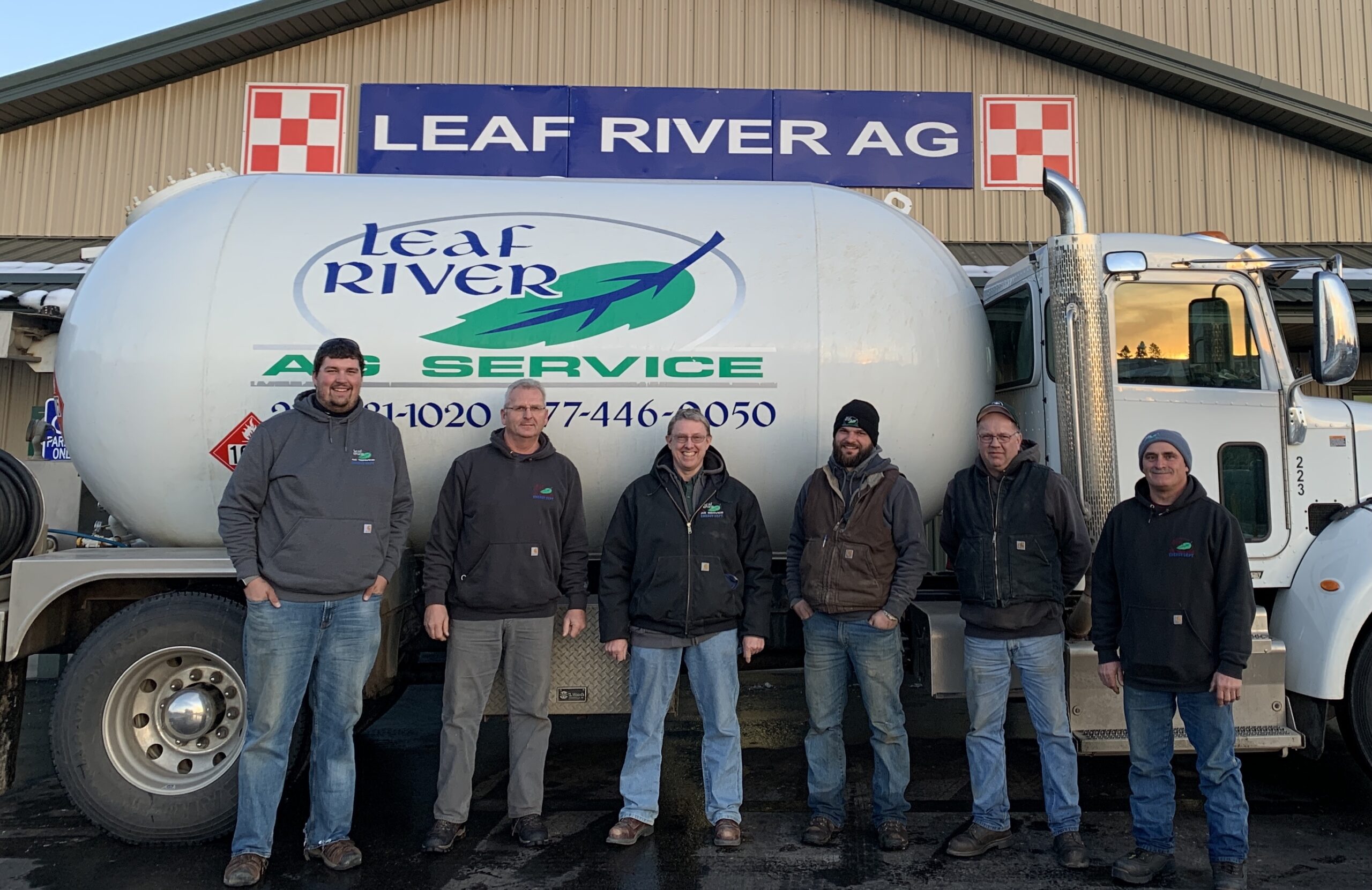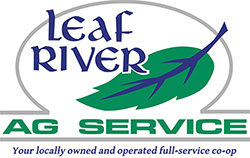PROPANE
As a Cenex® Propane Partner, we are aligned with one of the nation’s leading providers of quality and dependable fuels. Cenex was launched in 1931 to serve America’s rural communities. Since then they’ve built a reputation as a trusted energy supplier and valued co-op partner. Our partnership with them allows us to provide you with a steady source of fuel that you can depend upon, regardless of the application.
We offer FREE home delivery with minimum fill on all bulk propane orders (need 3 days notice). Call to see if we deliver in your area!
2024-2025 Propane Contracting through September.
Propane Customer Policy – Updated Leaf River Ag Service Propane Policy.
Propane Prepay Contract -2024 – 2025 Propane Contract
Credit Policy -Updated Leaf River Ag Service credit policy
Privacy Policy – We are committed to safeguarding your information.
For more information on Propane and how to safely use it, visit the Minnesota Propane Association’s website for more information.


PROPANE FAQ’s
What do I do if I smell propane gas?
-Shut off all propane appliances, exit the building, shut off the valve on the propane tank, and call Leaf River Ag Service! The odor associated with propane is added as a safety feature. Smelling of propane gas can mean there is a leak or that you are simply running out of propane gas. Just to be safe, follow the above instructions. If you have run out of propane gas, please follow the instructions below for ‘What do I do if I run out of propane?’.
What do I do if I run out of propane?
-If your tank is reading at zero and your appliances are no longer working, we can assume you have run out of propane. Then you call our main office at (218) 631-1020. We have an emergency line that gets dispatched right to our on call propane driver and they will be able to take your call. In the event you do run out, out-of-gas fees may apply.
What is the difference between summerfill and prepaying?
-Summerfill is when we come out and fill your propane tank in the summer at the lowest price. The is done only once. Prepay is when you contract a number of gallons that you have paid for and set aside to use over the winter heating months.
Why is the summerfill price cheaper than prepay price?
How do I read my propane gauge to know how much propane is left in my tank?
-Lift the tank lid and you’ll find the gauge located right on top of your tank. Tanks are measured in percentages or gallons. For example: If you have a 500 gallon tank that is showing 30%, then you take .30 x 500 = 150. This means you have 150 gallons left in your tank.
Watch this Video by Propane: Energy for Everyone to see just how its done!
Do you fill a propane tank to 100%?
-No, we only fill a propane tank to 80%. This is because when the temperature inside a tank increase this in turn increased the volume of the gas, making the propane tank dangerous. The 20% difference is used as a cushion for swings in temperature.
When do I call to schedule my tank fill?
-We recommend calling when your tank is at the 20% mark. This ensures an efficient amount of time for our drivers to get to your location.
Is it my responsibility to make sure I don’t run out of propane?
-Yes. Even if you are on a “keep fill” route, we still need you to keep an eye on your propane tank. This is to avoid any issues with leaks or running out of propane.
Can I lock my propane tank lid?
-We advise against this. When a tank lid is locked, it prevents the fire department from being able to shut off the tank valve in case of a fire or emergency. This can also be hard for drivers to be able to fill your tank if they have to wait around for someone to unlock the tank lid.
Do I have to have a clear path to my tank?
-Yes. Even during our winter months we ask that customers plow or shovel a clear path to the tank. If our drivers can’t access the tank, they will not fill it.
Does banking snow around my tank insulate it?
-No. This can actually cause the opposite to happen. When a tank is exposed to air or wind, this helps regulate the tanks inside temperature. Banking snow around a tank causes the cold air to be trapped around the tank causing the gas inside to vaporize much less resulting in a pressure drop.
